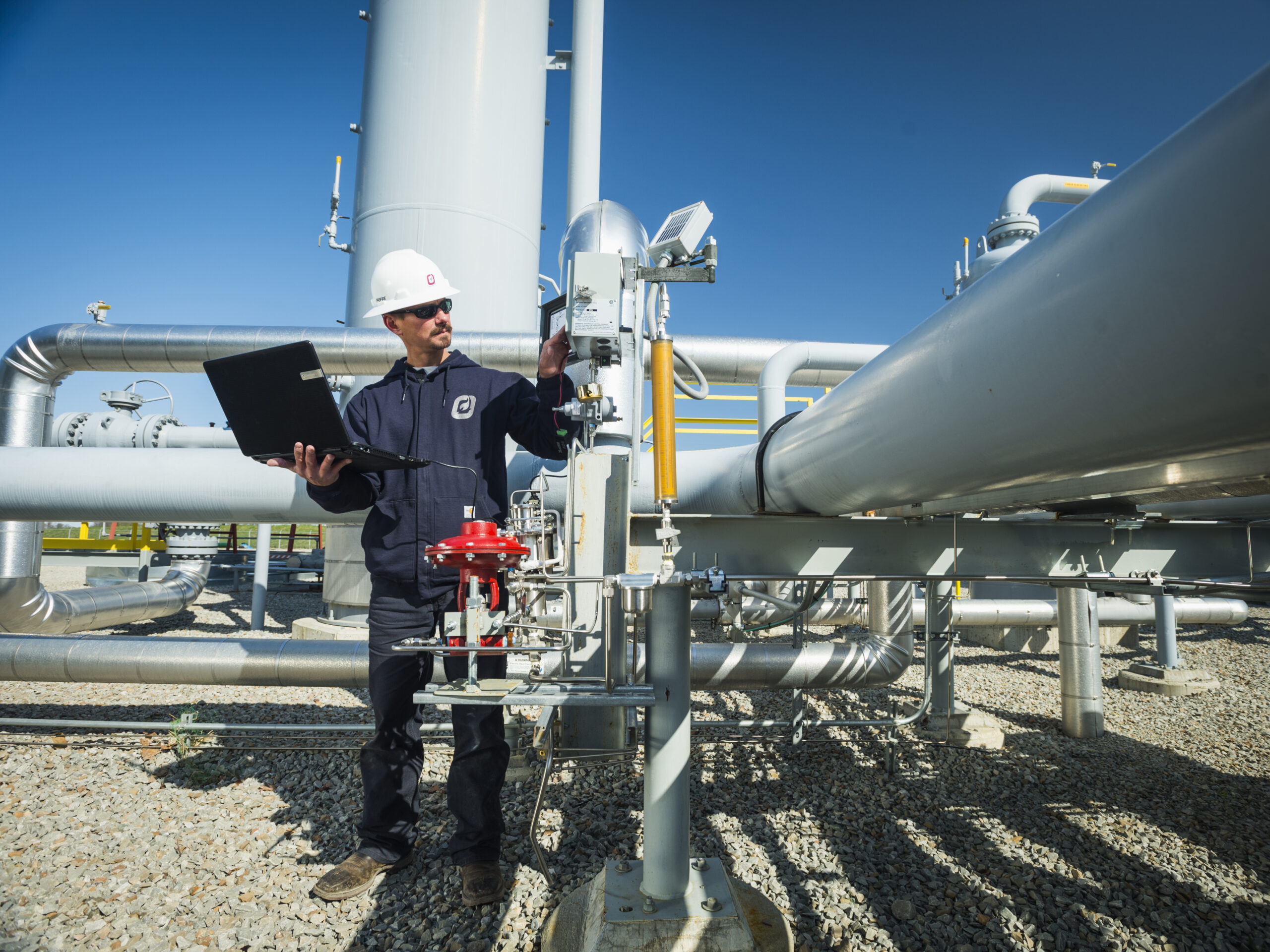BMS (Burner Management System) standards can be distinguished as being prescriptive or performance based. Prescriptive standards specify what safeguards should be implemented based upon lessons learned from previous incidents and near misses. They do not specify how to properly implement them. The prescriptive requirements are always general and not always applicable to the wide variety of heaters, furnaces and boilers.
Performance based standards provide criteria for achieving design objectives, as opposed to prescriptive standards which prescribe compliance criteria without stating the design objectives.
The following are examples of prescriptive standards:
NFPA 85 – applies to gas, liquid and solid fuel boilers with a heat release exceeding 3.7 MW. This code addresses combustion systems hazards, design, installation, operation and maintenance procedures and training. It covers in particular combustion and draft control equipment, safety interlocks, alarms, trips and other related controls that are essential to safe operation.
NPPA 86 – applies to thermal oxidizers, incinerators and a number of applications such as ovens, dryers and specialist furnaces. It specially states that it does not apply to process heaters used in the chemical and petroleum industry and designed in accordance with API 560 and API 566.
NFPA 87 – applies to thermal and process fluid heaters. It also does not apply to process heaters used in the chemical and petroleum industry and designed in accordance with API 560 and API 556.
EN 746-2 – specifies the safety requirements for industrial furnaces and industrial heating equipment. It details the hazards associated with the use of industrial thermal equipment and specifies the safety measures required for compliance with essential requirements of relevant European Directives. EN 746-2 covers a broad range of fired equipment from process industries such as cement, lime, and ceramic, iron and steel, glass, waste incineration, drying, refining, chemical and petrochemical. As EN 746-2 covers very different types of fired equipment, the application of it generic requirements on some equipment types may be impossible, impractical, or may not justify the cost.
ISO 13577-2 – applies to fired equipment from the same process industries as EN 746-2. This standard applies worldwide, although it annexes have distinct requirements for Europe, USA and Japan. The standard specifies the requirements to ensure he safety of people and property during commissioning, start-up, operation, shutdown, maintenance periods ad dismantling, as well as the event of possible malfunctions.
CSA B149.3 – specifies requirements for fuel-related components in their assembly on appliances in Canada. It applies to process ovens, process furnaces and furnaces used for material processing.
AS 3814 – this code provides the minimum requirements for safe operation of gas fired industrial and commercial appliances in Australia. Of all codes and standards pertaining to industrial fired equipment, this standard is considered the most onerous to comply with because of its complexity.
The following are examples of performance-based standards:
API 556 – the standard addresses instrumentation, control and protective systems for gas fired heaters used in the refining industry. As it is specific to refinery process heaters, it is widely used by the refining industry, although local jurisdictions may also bring additional requirements. It was written by specialists covering the fields of fired equipment, instrumentation, control and protective functions. It integrates the operating experience and incident history of major refiners to reduce the overall risk exposure to equipment and personnel. For each hazard scenario, API 556 provides recommendation on design, control system constraints / overrides, operator response to alarms and protective functions to ensure satisfactory mitigation of the process hazard. With the exception of a few prescriptive “shalls”, the user may choose between solutions of different levels of sophistication and cost which all mitigate hazards but provide different availability levels.
API 538 – applies to industrial burners, in general refinery and petrochemical service. It was written by manufactures and users of industrial boilers to supplement rather than duplicate the requirements of NFPA 85. API 538 specifies requirements and gives recommendations for design, operation, maintenance, and troubleshooting of industrial boilers. It covers waterside control, combustion control, BMS, feedwater preparation, steam purity, emissions, etc.
For more information on our products contact us.
